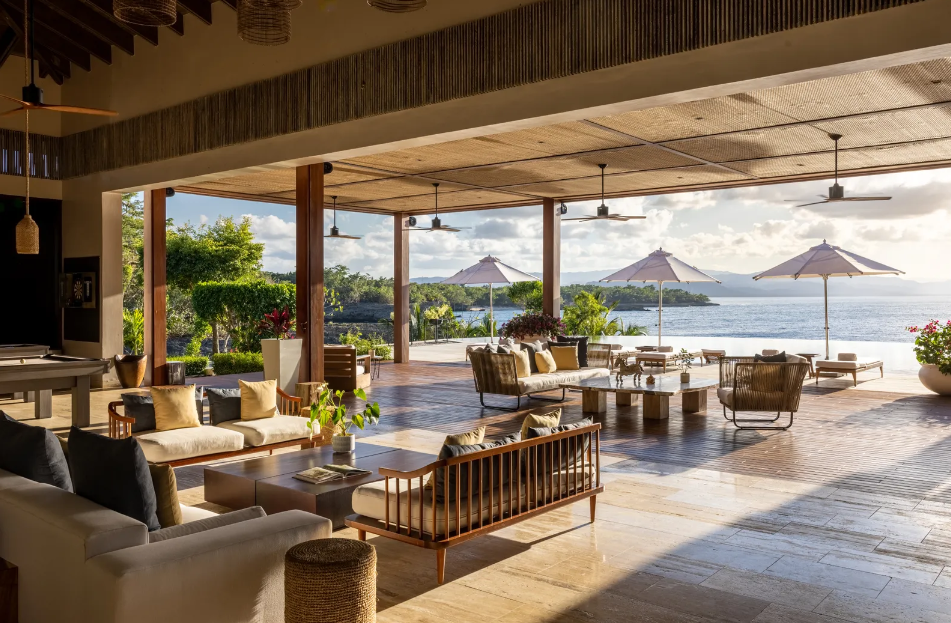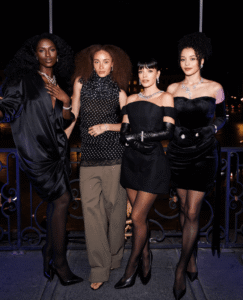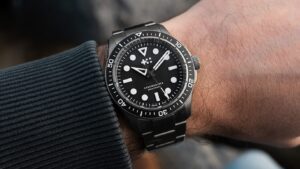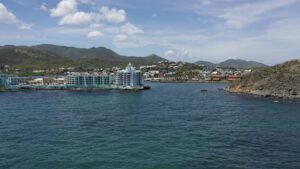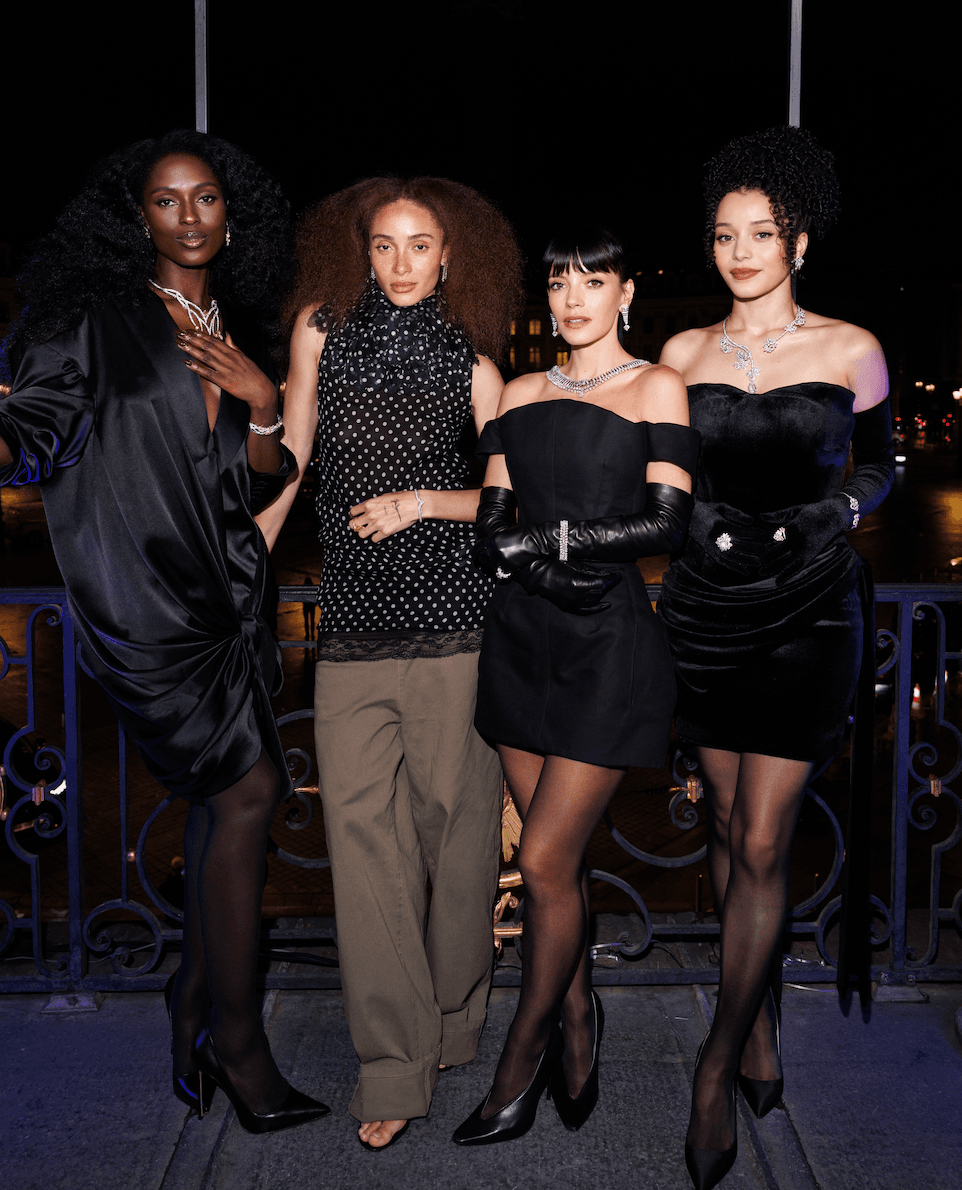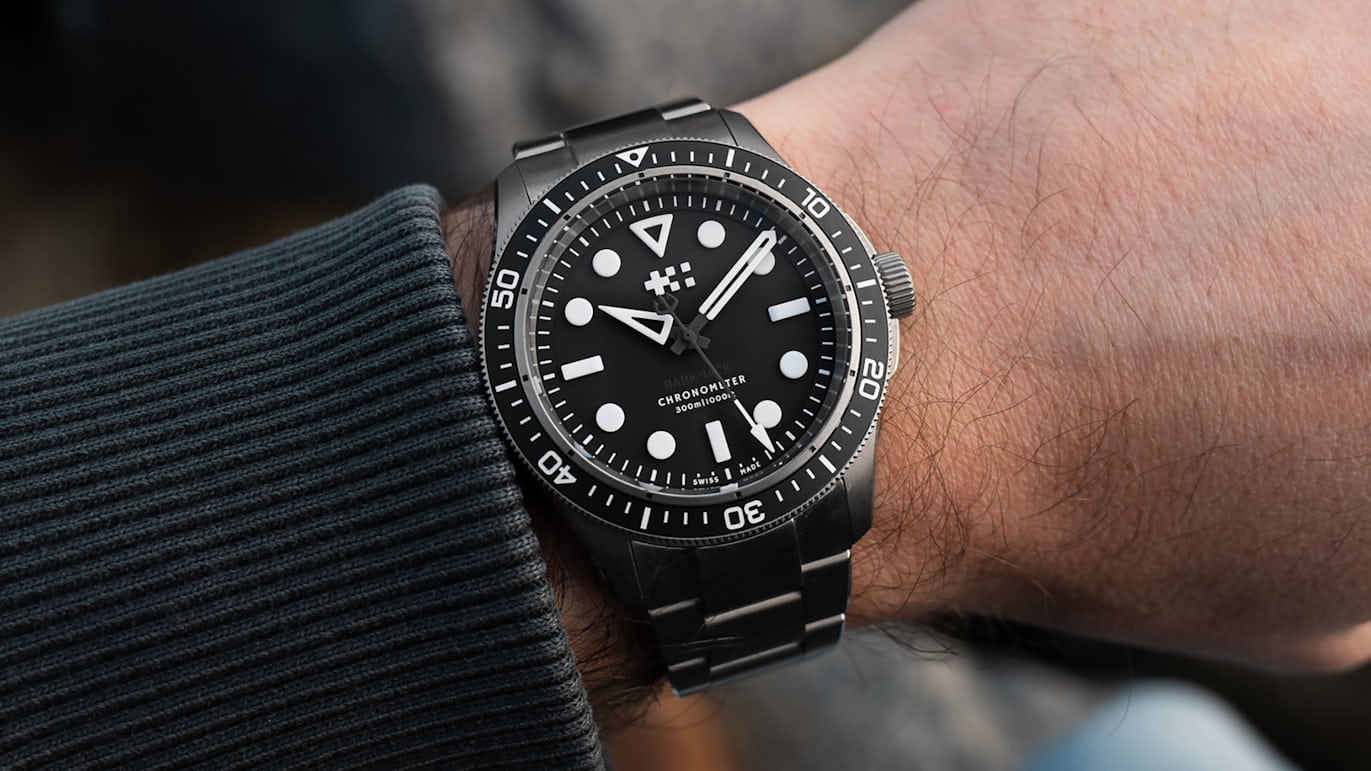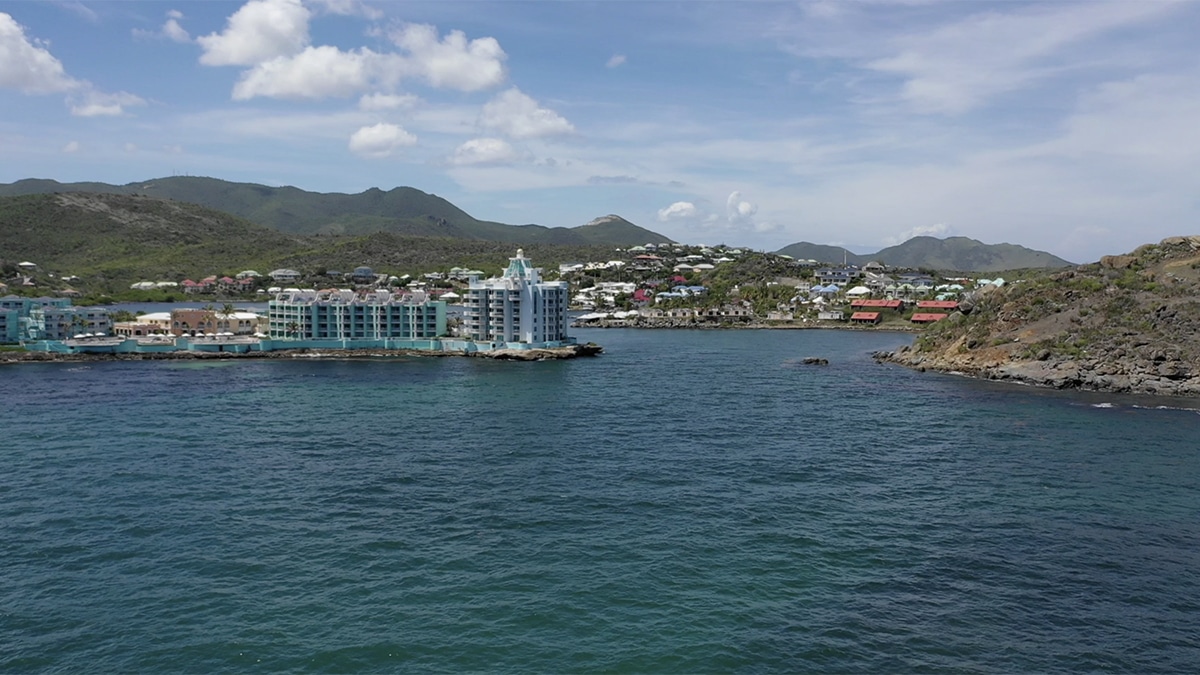In the world of disabilities, every person’s story and every disability is as unique as a fingerprint. A number of smaller groups with commonalities have formed within our multi-faceted intersectional community. Think about the group of people who use wheelchairs, and specifically about the subset of that group to which I belong: those who have suffered spinal cord injuries. In the context of meetings between members of targeted subgroups, small talk quickly gives way to in-depth investigation of commonalities, especially as they pertain to the origins and effects of disability.
Our carefully planned interview got tossed aside when we met Tim Reynolds, the creator of Àni Private Resorts, a group of exclusive-use resorts in Thailand, Sri Lanka, and the Caribbean, as well as a fellow paraplegic, artist, and enthusiastic traveler. Instead, we took advantage of the opportunity for open communication that our shared experience provided and dove headfirst into a conversation.
Tim and I both were paralyzed in vehicle accidents, but what really got me excited about meeting him was learning that we both used art and travel to find ourselves again after our injuries. Disabled people, art, Burning Man, and the bustling Lower East Side of Manhattan were just some of the topics we covered as we settled into a warm and inviting café. I also took advantage of the opportunity to ask him about the inspiration for his accessible luxury hotel brand and how he plans to launch it.
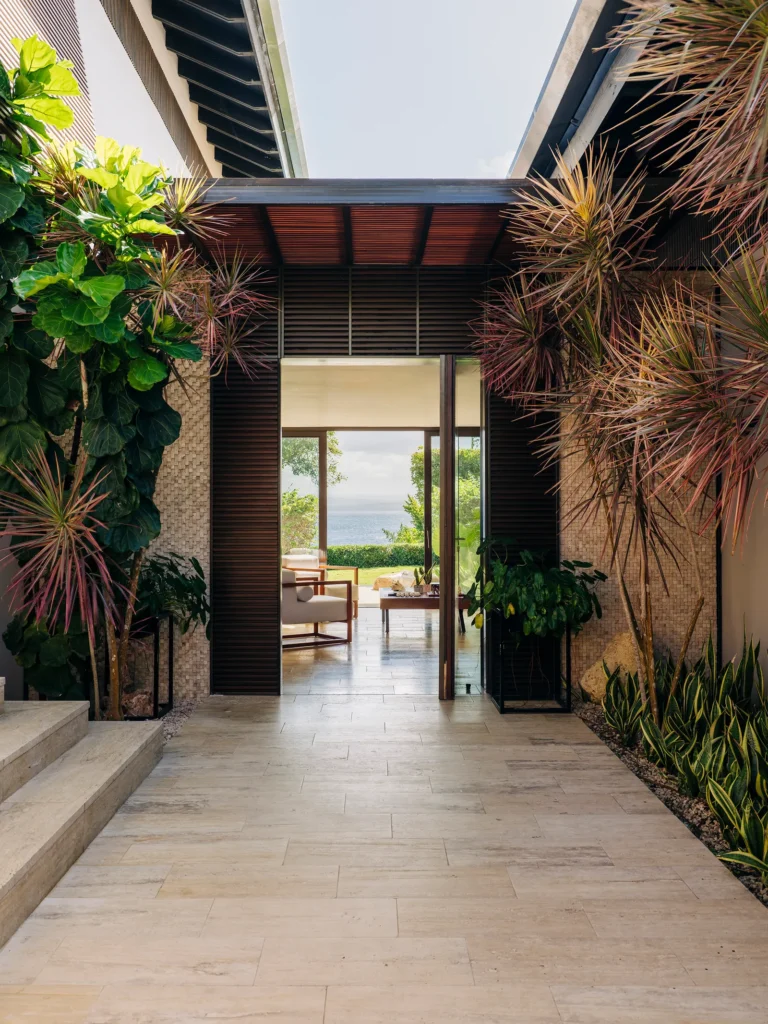

In general, accessible elements are either ignored or hidden by high-end hotels. Àni, on the other hand, prioritizes inclusion. I felt welcomed and included the moment I stepped foot in the Dominican Republic resort thanks to the pool hoist, which was situated in a prominent location.
Àni goes beyond just making sure everyone can get about; they also want everyone to feel welcome, which is something they learn about via their many encounters with Tim and his staff. Dedicated staff members are assigned to each visitor, allowing for proactive accommodation of needs and individualized support.
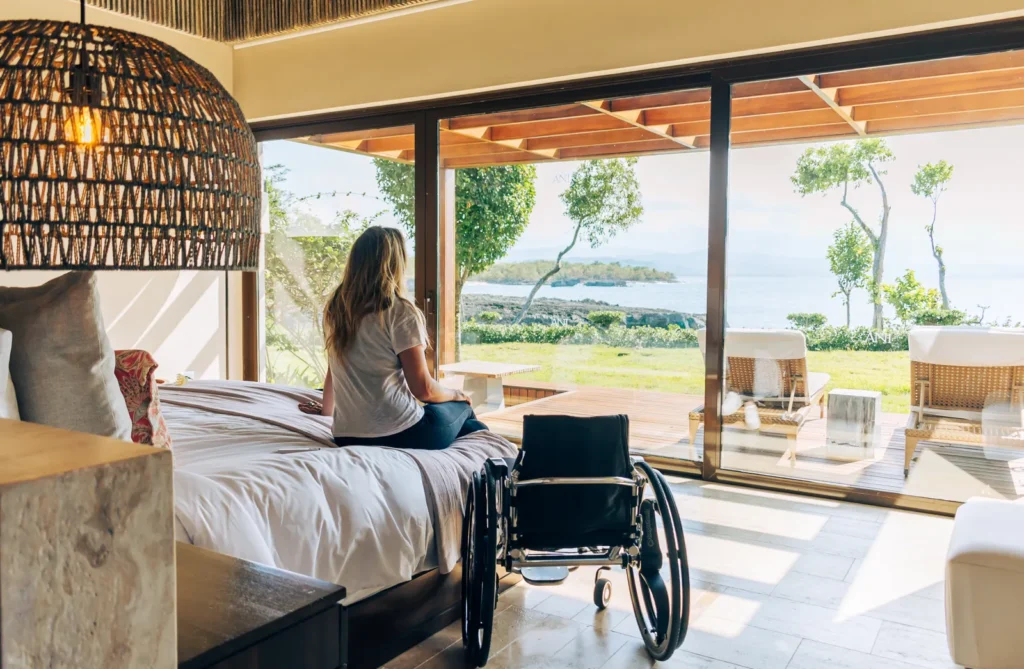
Privacy, individualized treatment, quiet areas, and careful attention to detail are just a few of the many benefits that disabled guests at a private resort can enjoy. Having wheelchair access to the entire resort makes a wheelchair user feel even more comfortable and secure.
Tim, who wants the resort to make all guests feel equal, places a high value on Àni as an example of how premium institutions can incorporate accessibility without sacrificing aesthetics.

Linking up with local communities via the Áni Art Academies is essential to the Áni experience. Tim foresaw resorts that would sponsor similar schools, providing visitors with immersive experiences and chances to interact with local artists, since he believed in the transformational power of art education.

In the aftermath of his injury, Tim has found that art and travel help him make sense of the world. Finding peace and meaning in venturing into uncharted territories, whether through art or travel, has been a great help. Despite the abundance of difficulties, like his recent trip to Burning Man, Tim welcomes them with open arms, just as he welcomes the times of solace and happiness that he finds in Àni resorts.
Àni Private Resorts stands as a representation of Tim’s goal of making inclusive venues that cater to all types of guests, regardless of their abilities, through its seamless combination of accessibility, luxury, and inclusivity.

